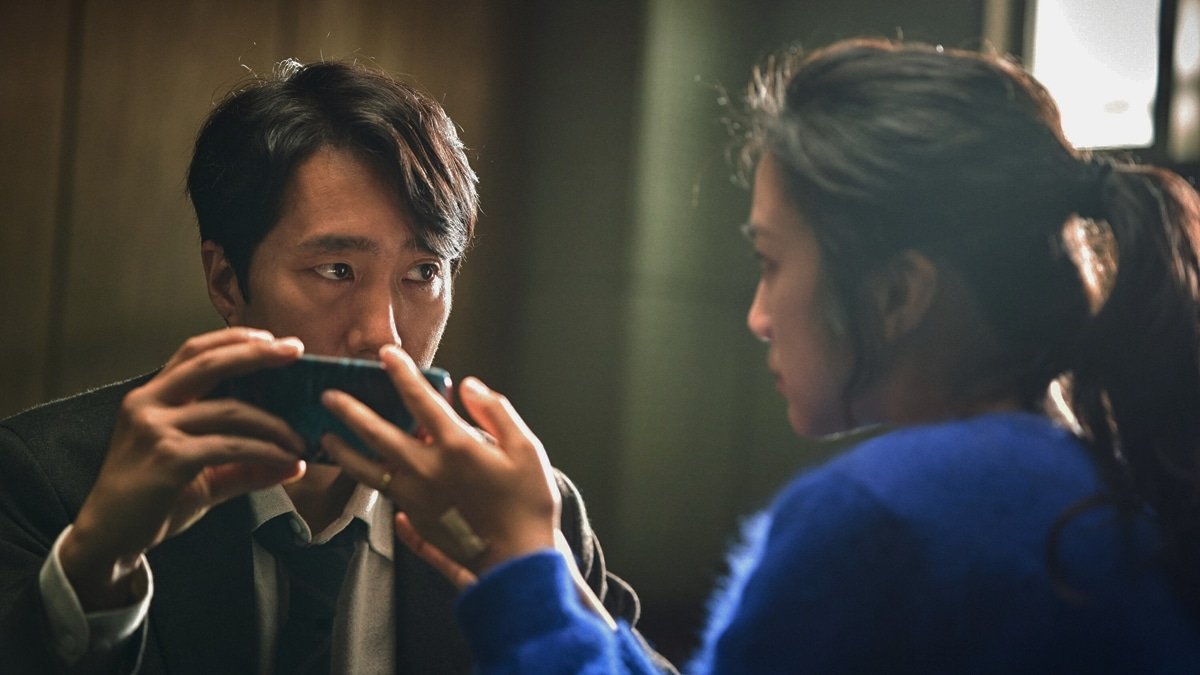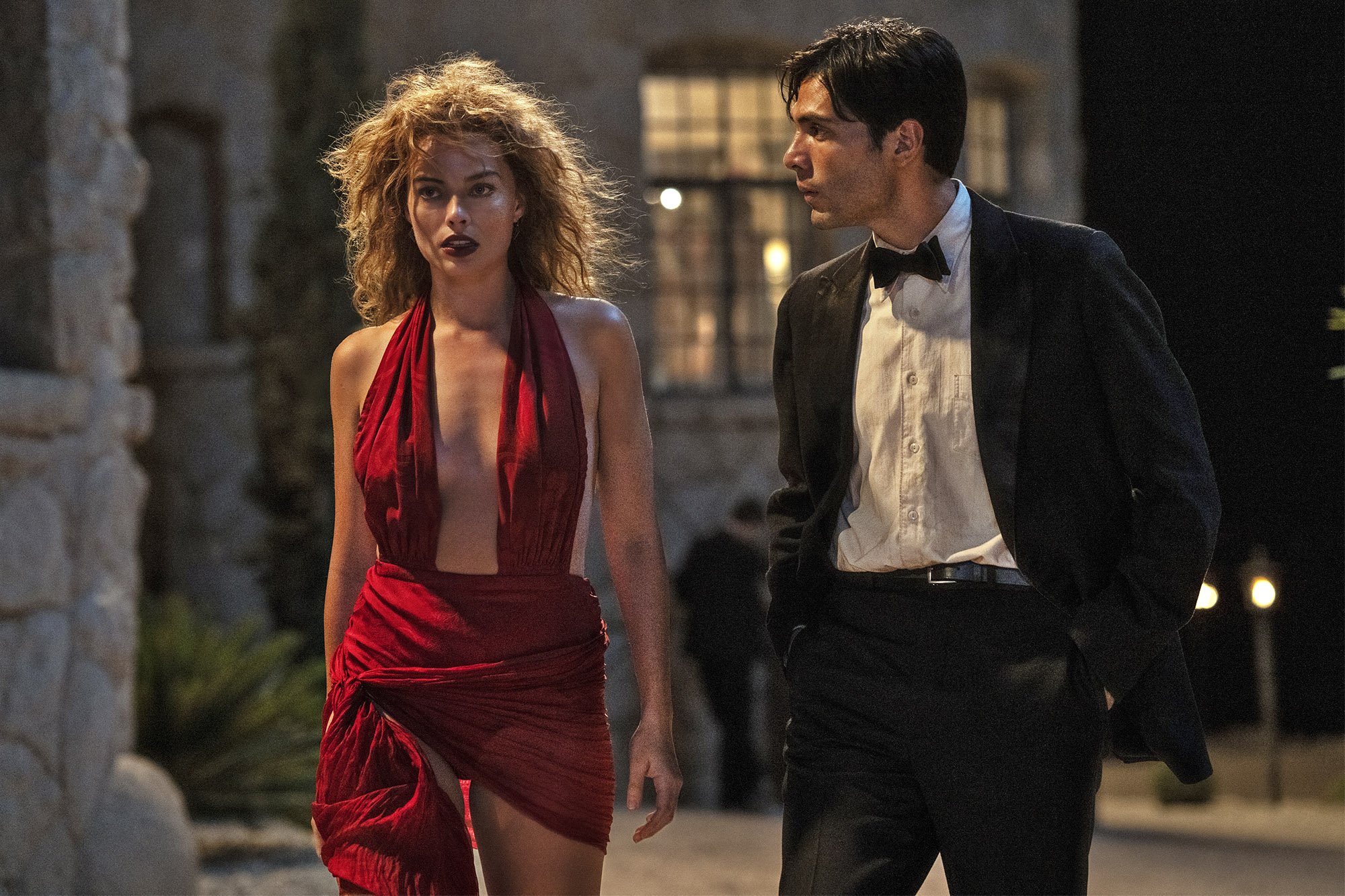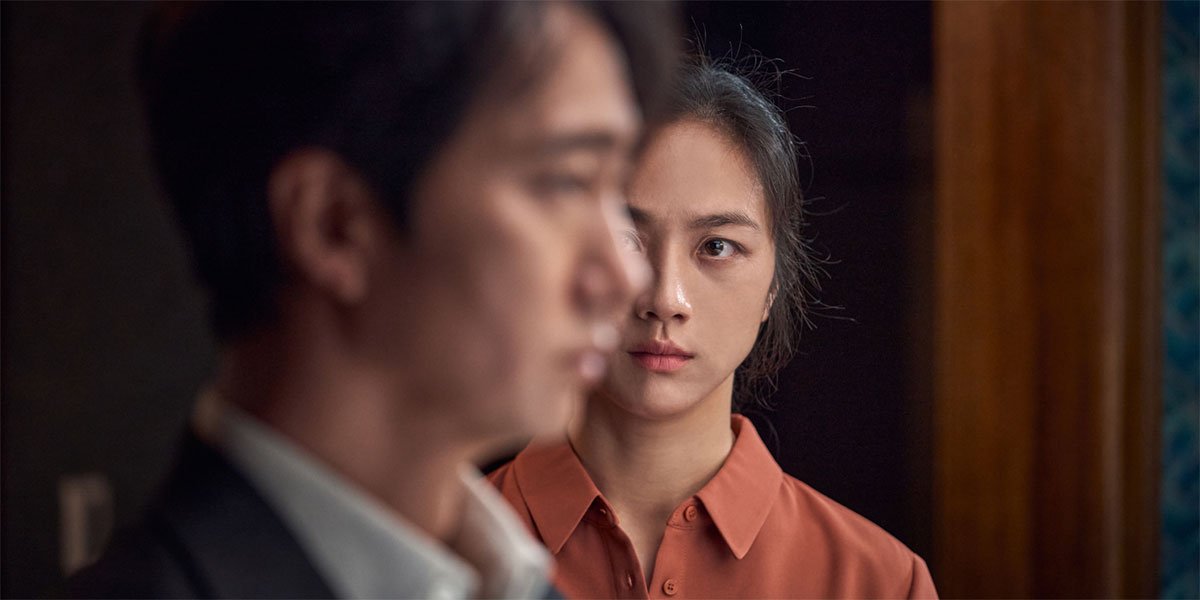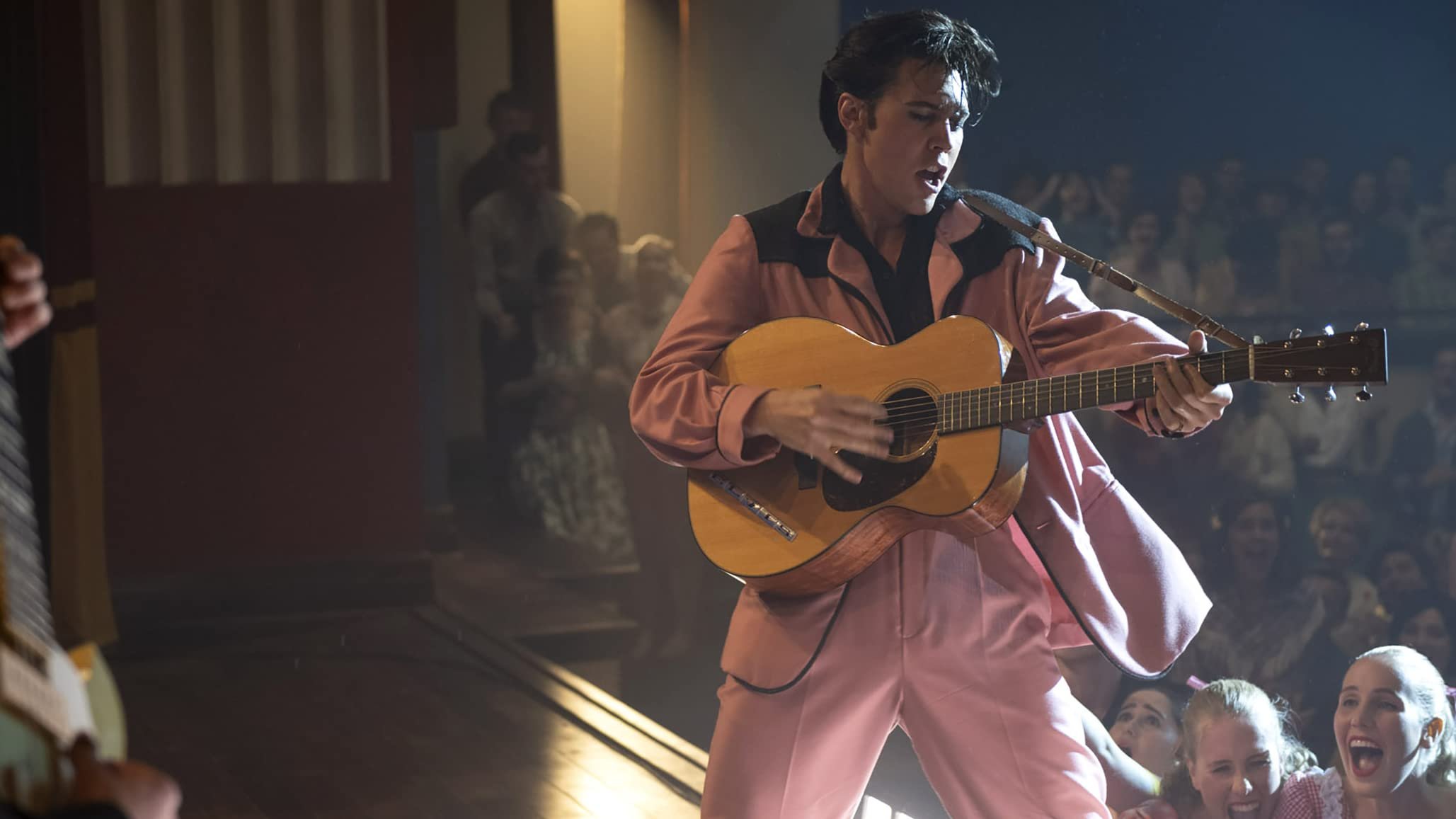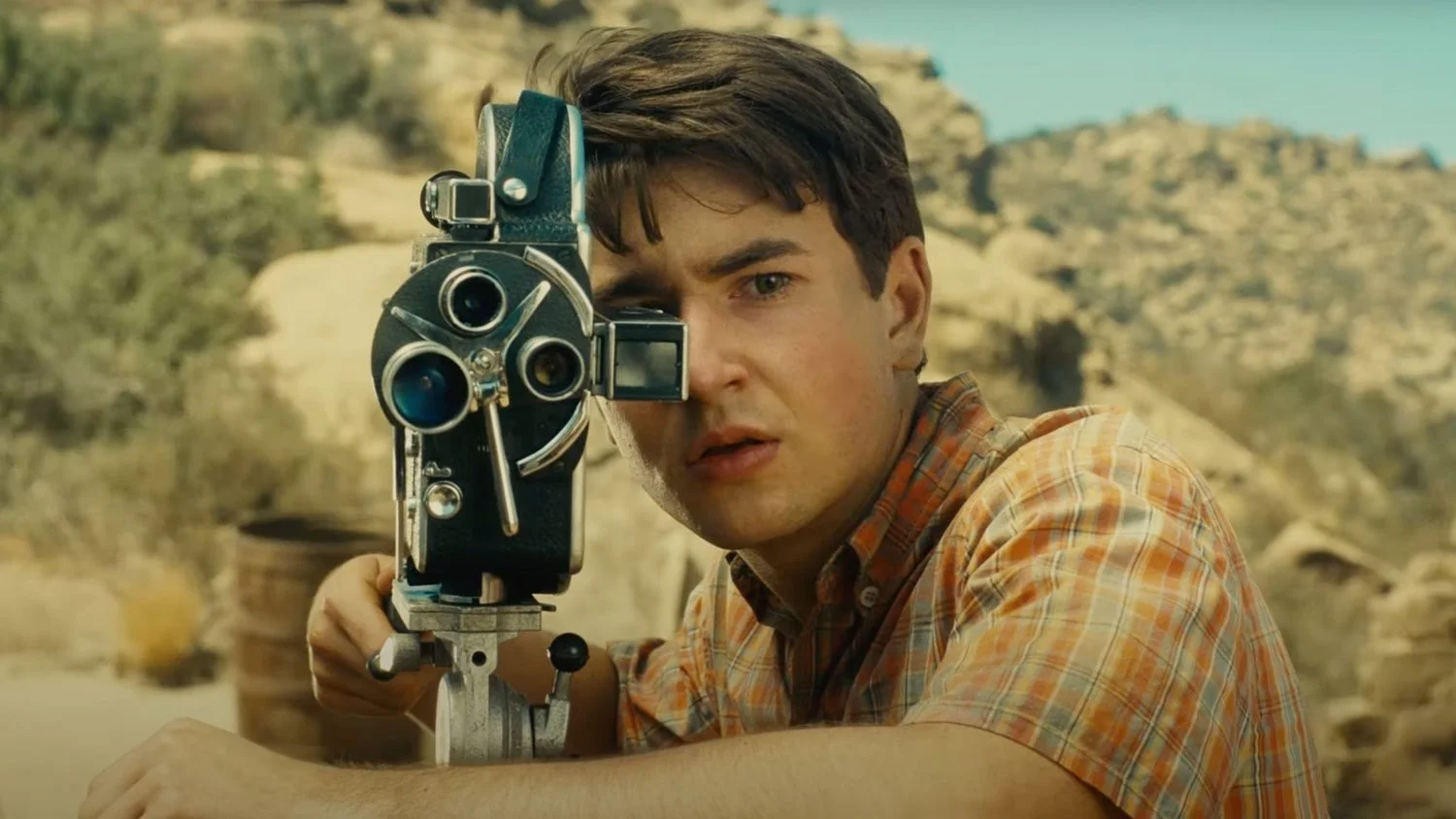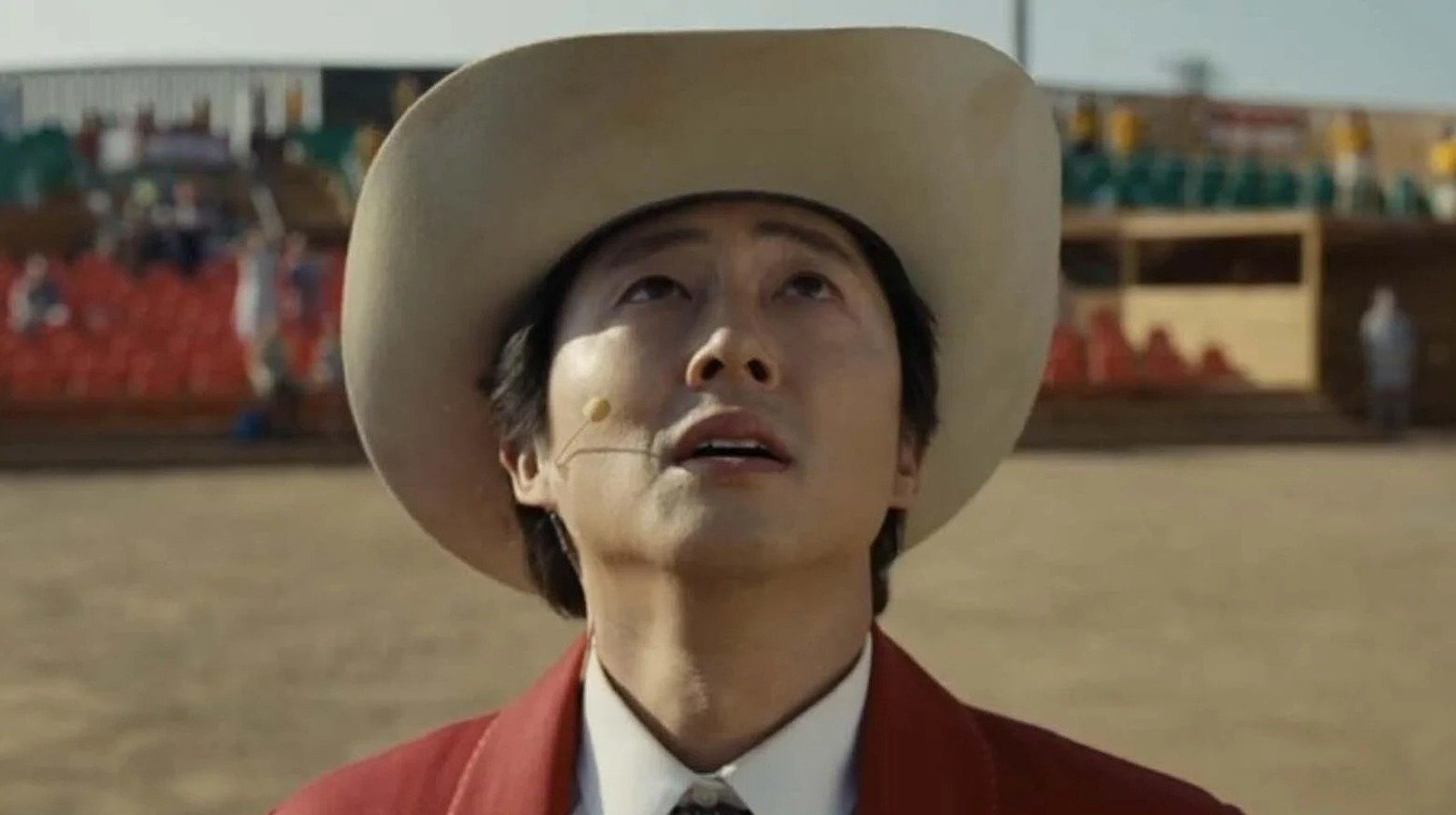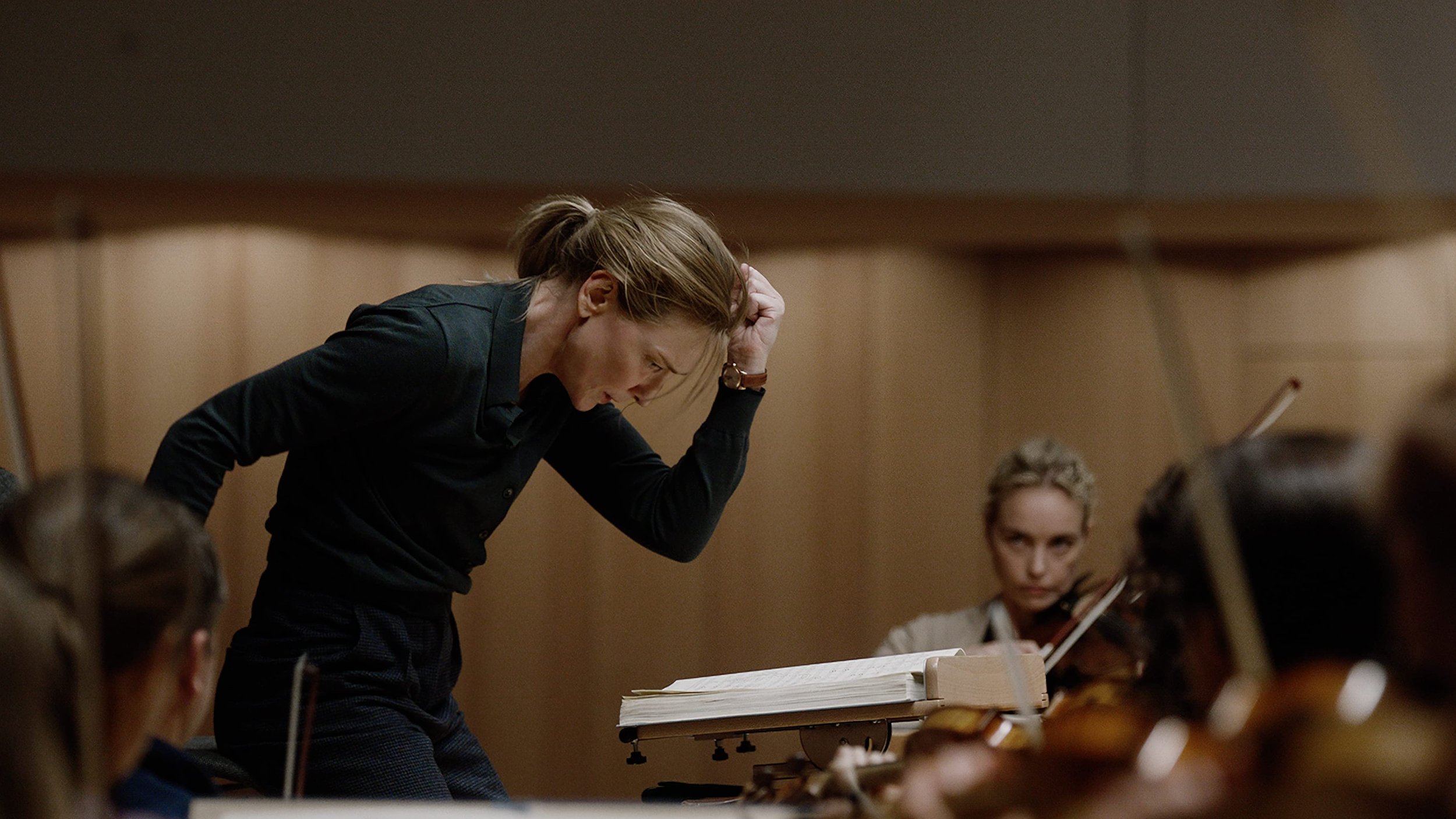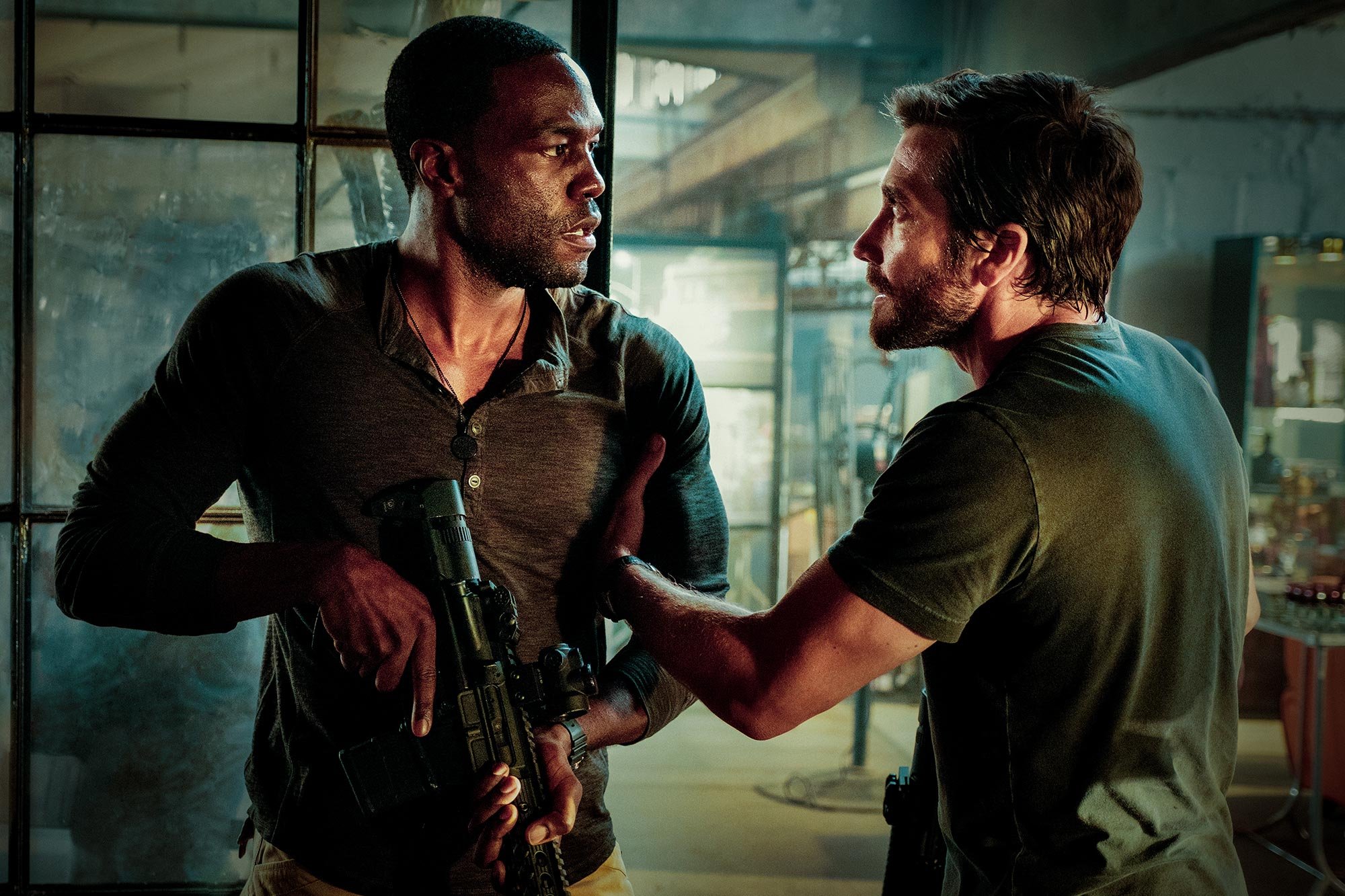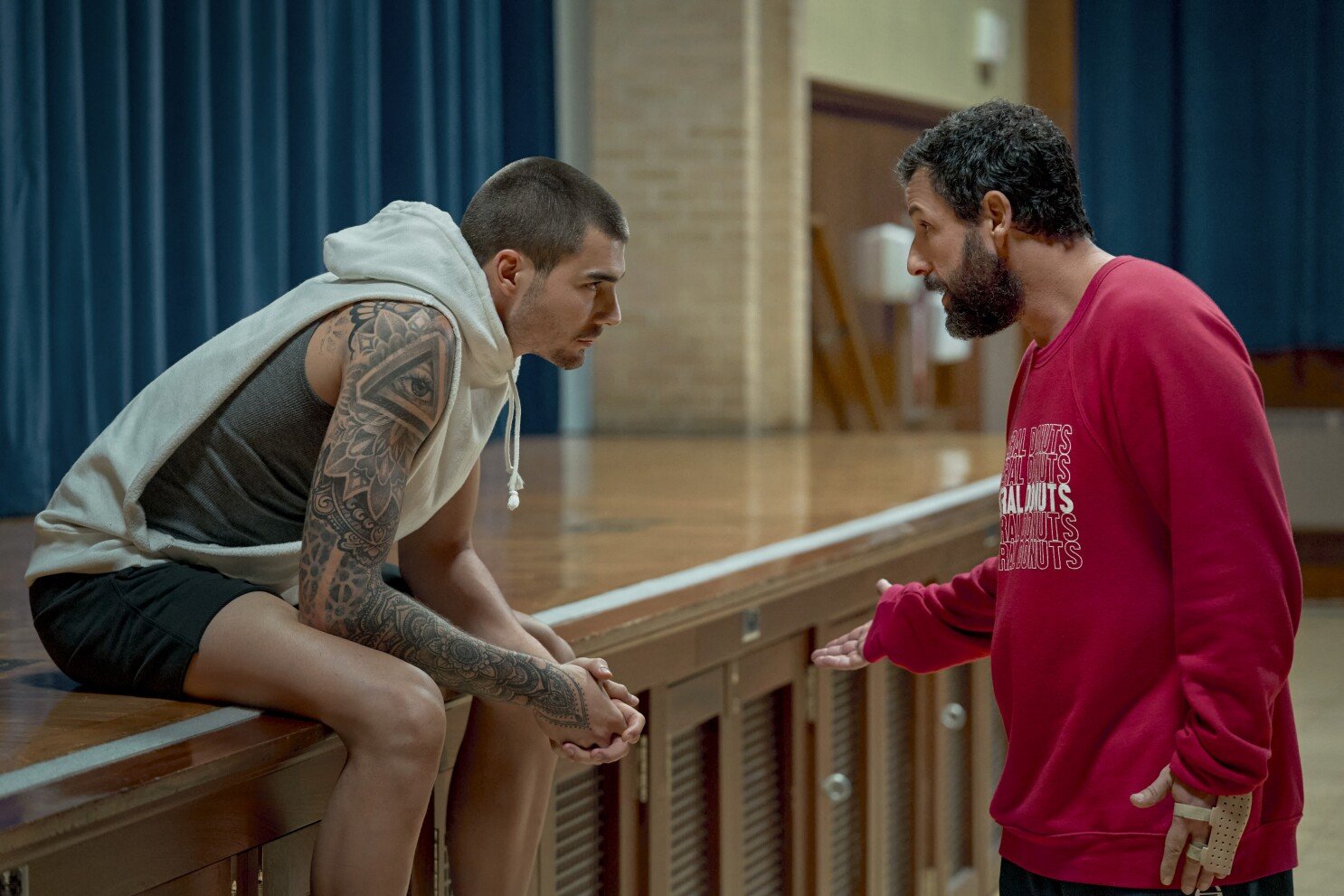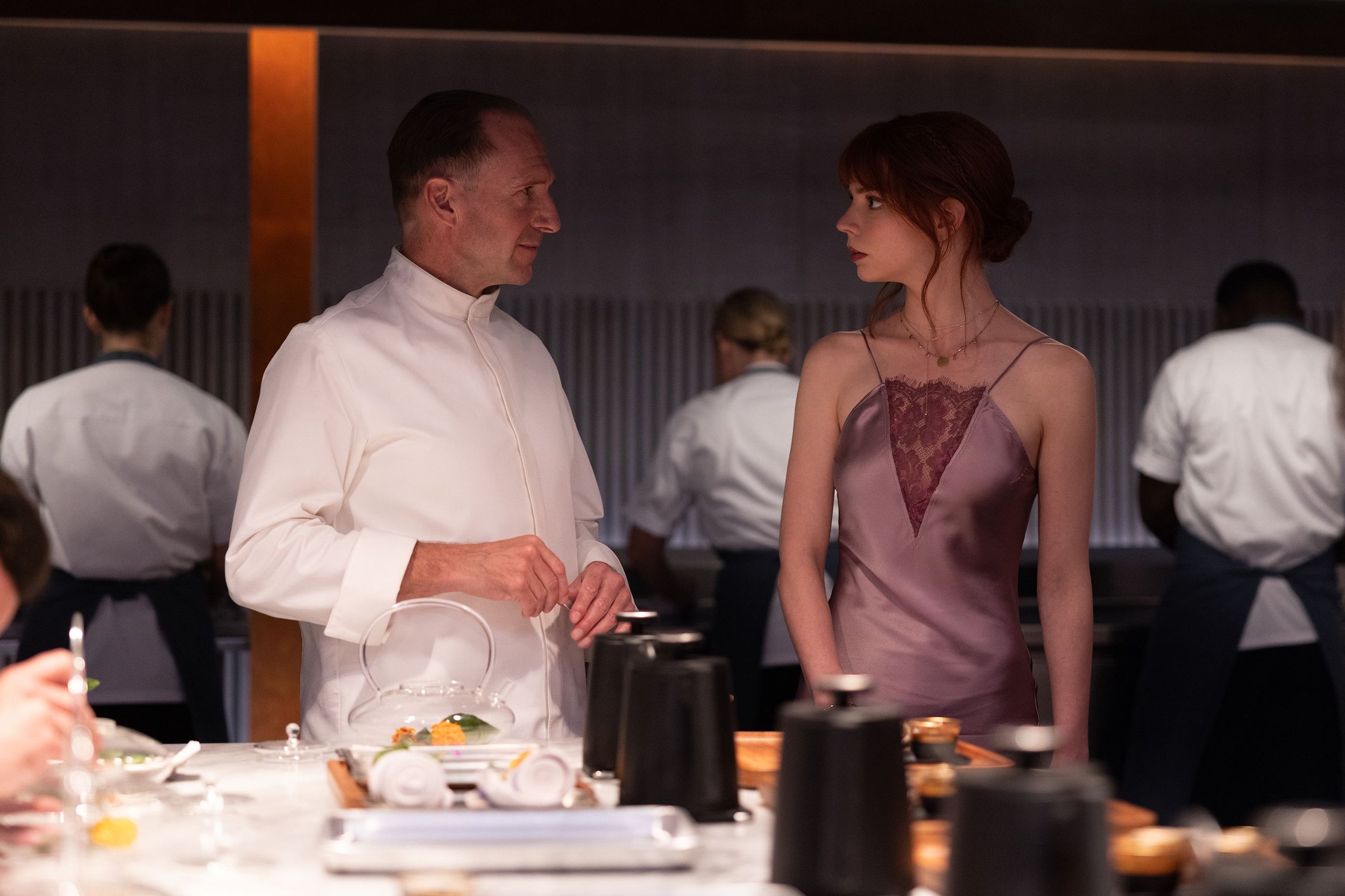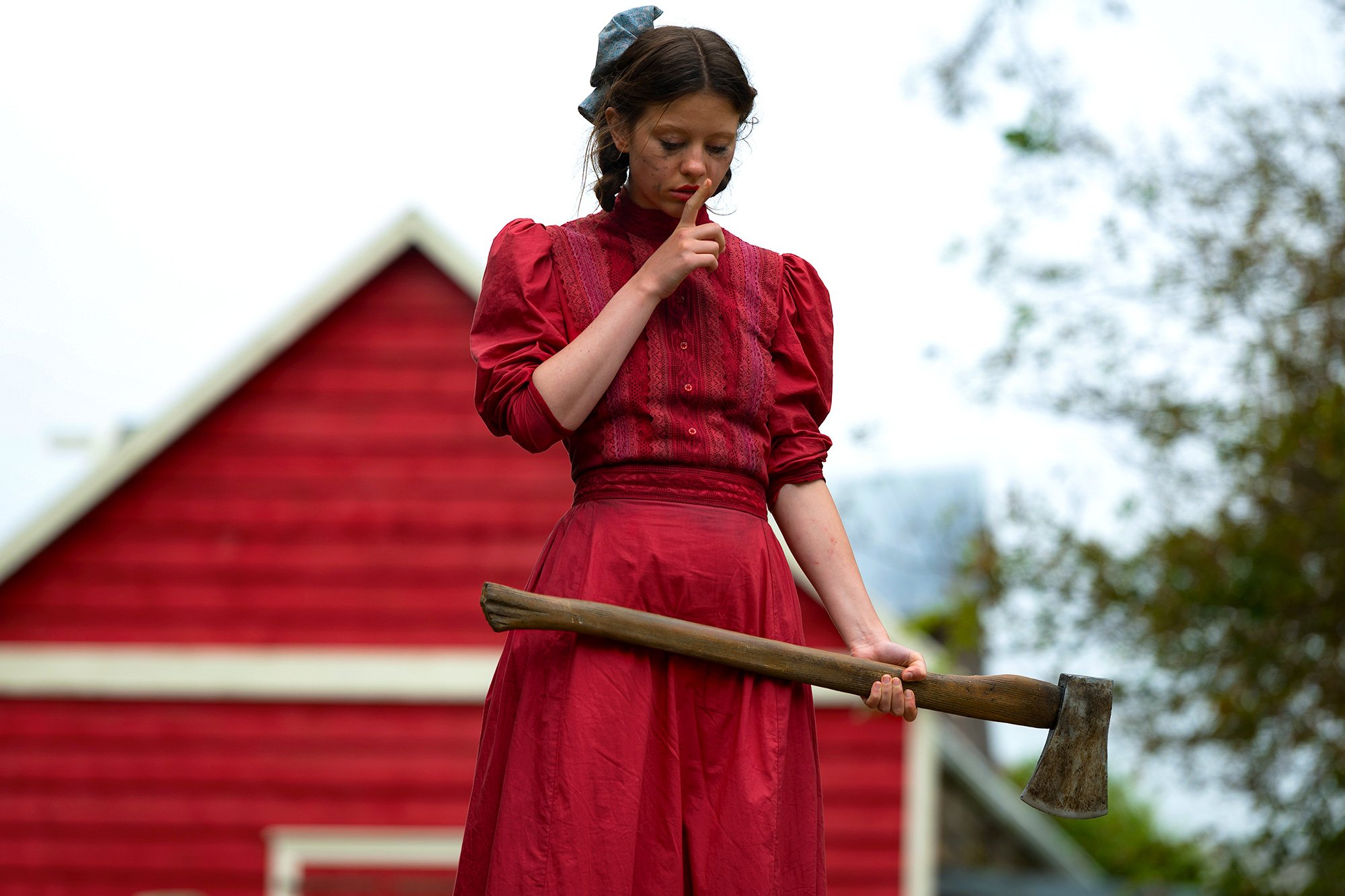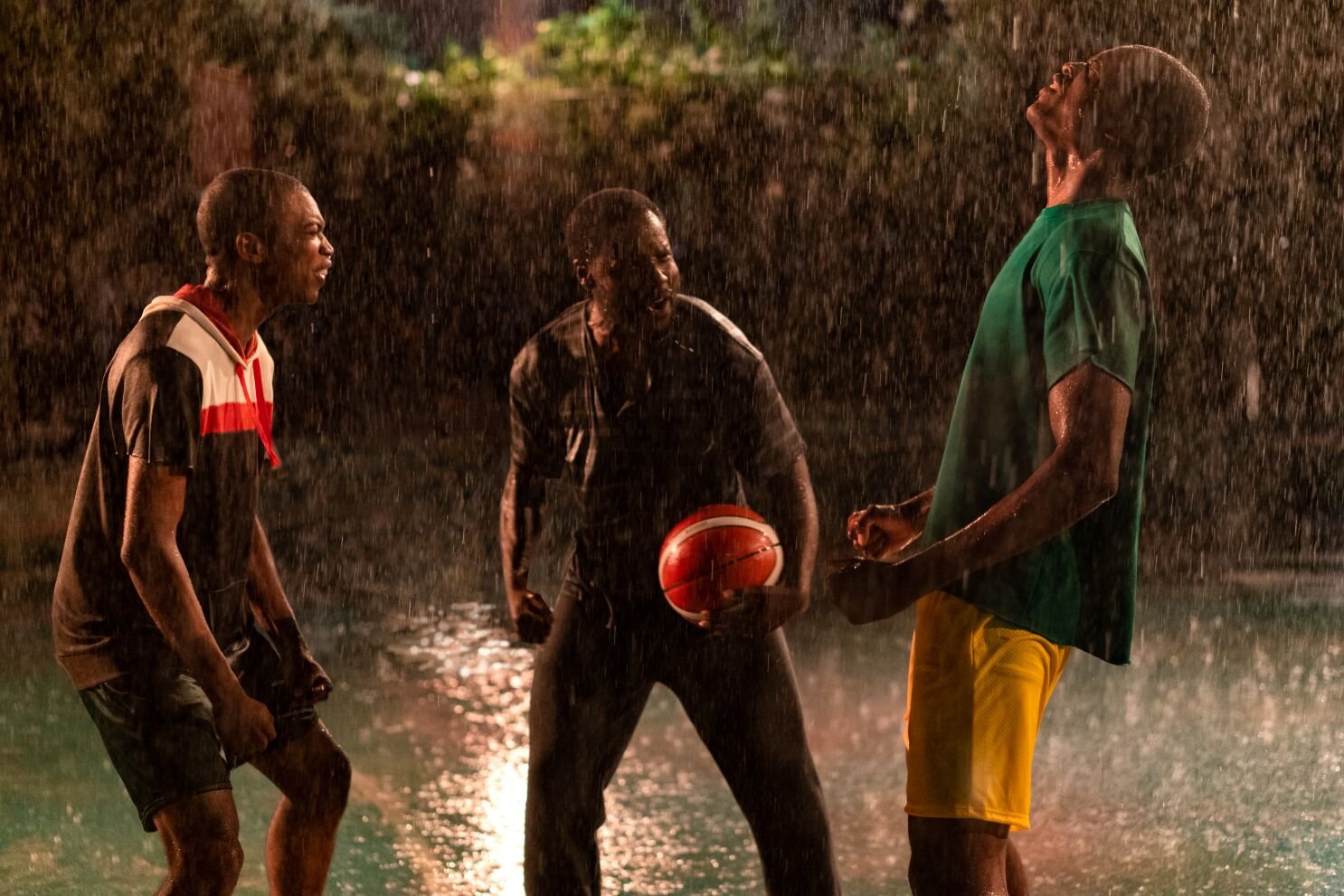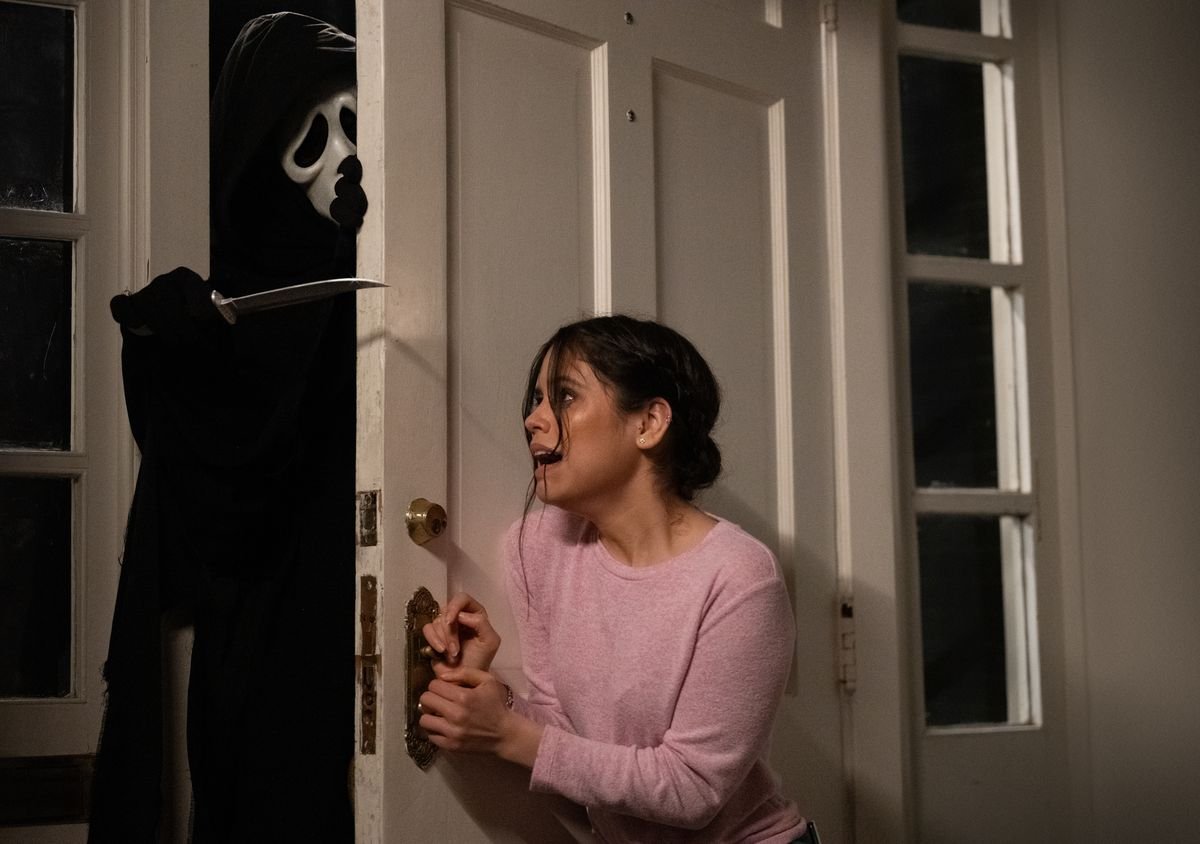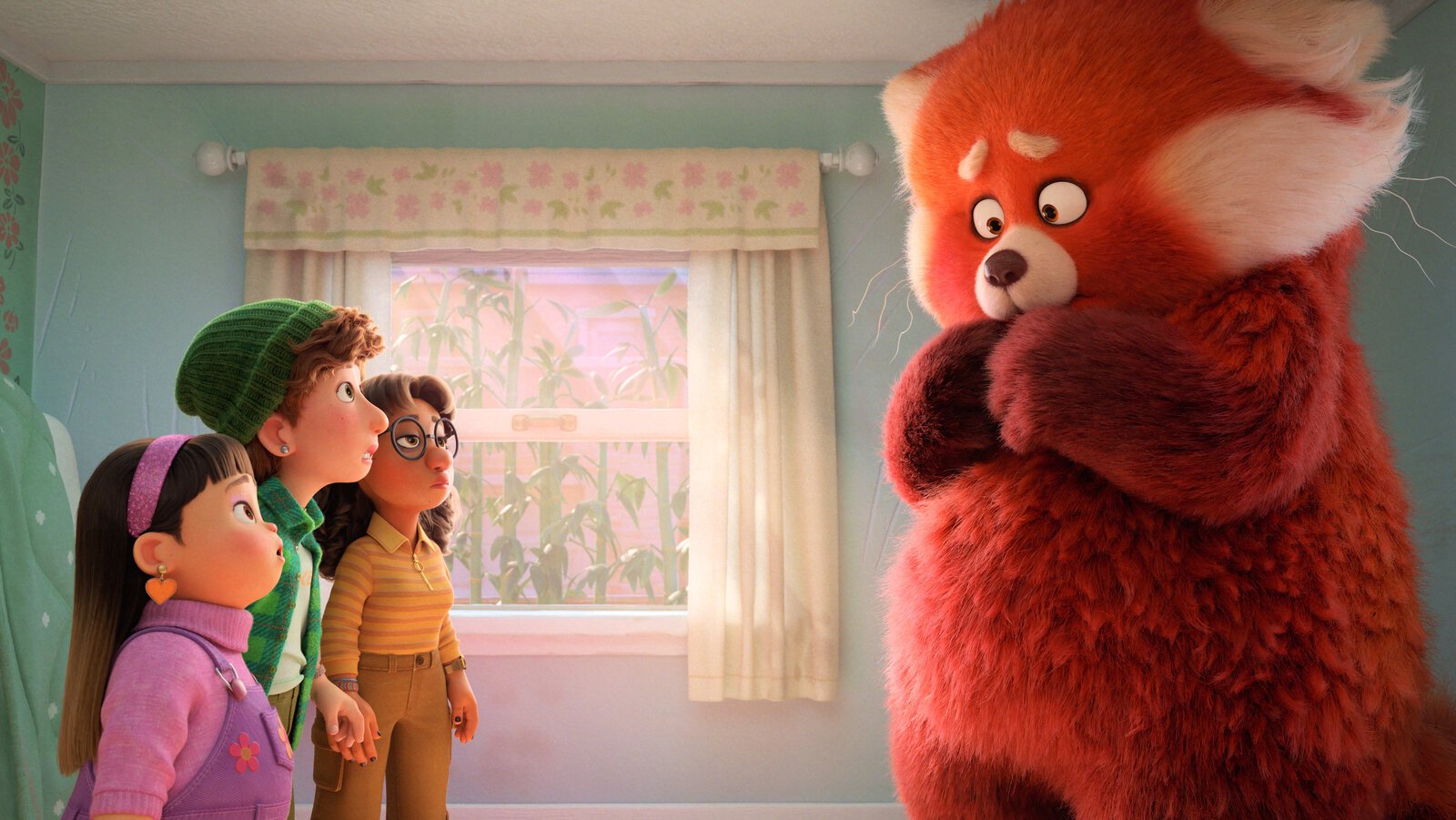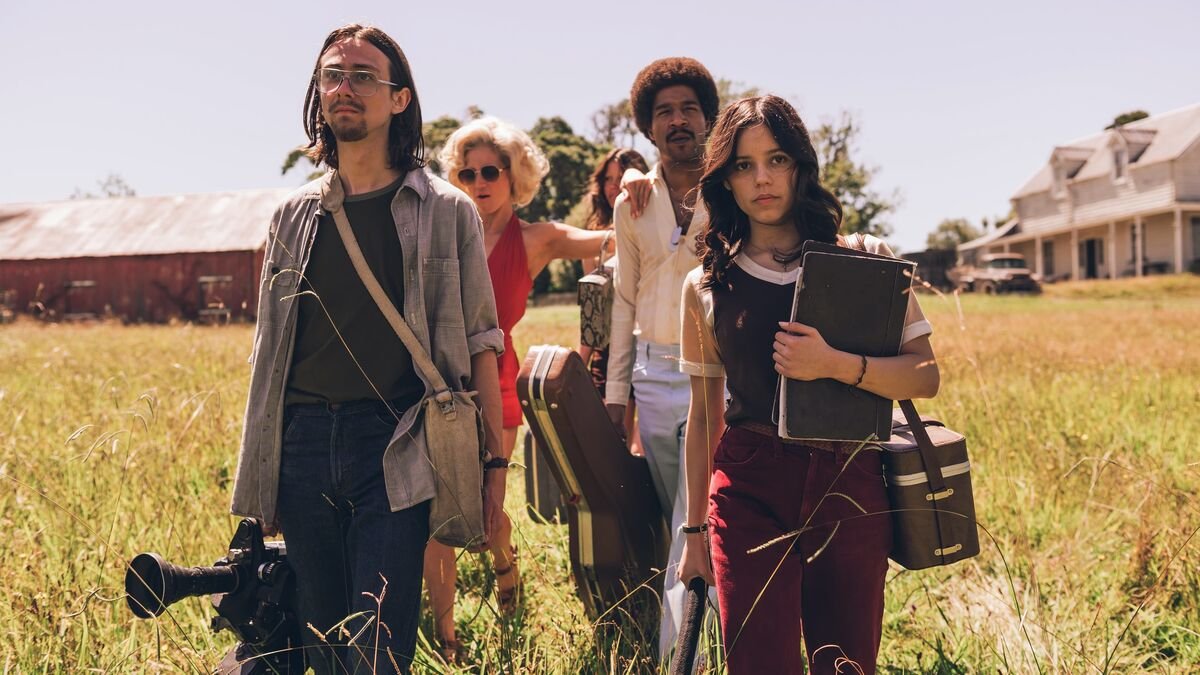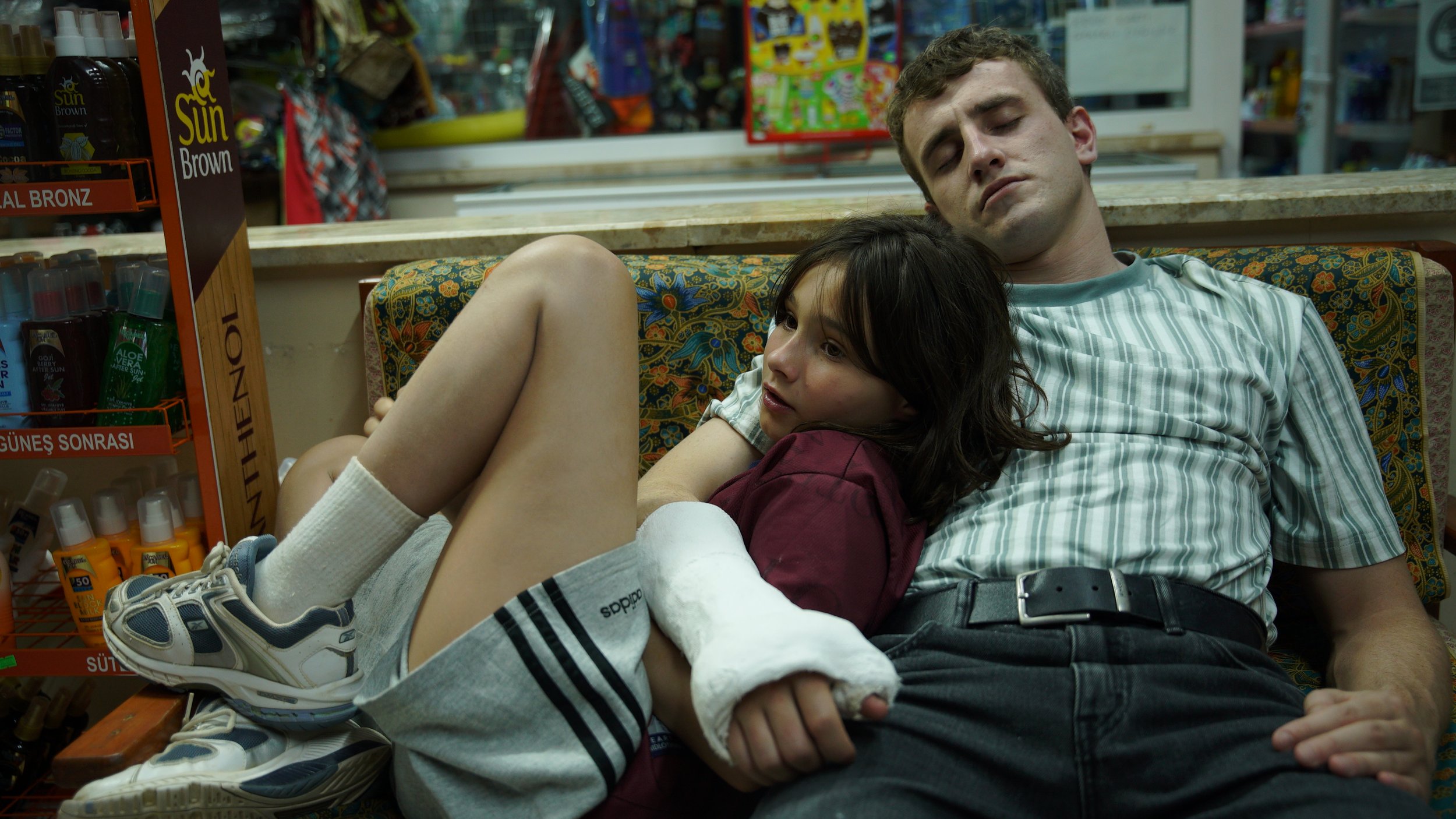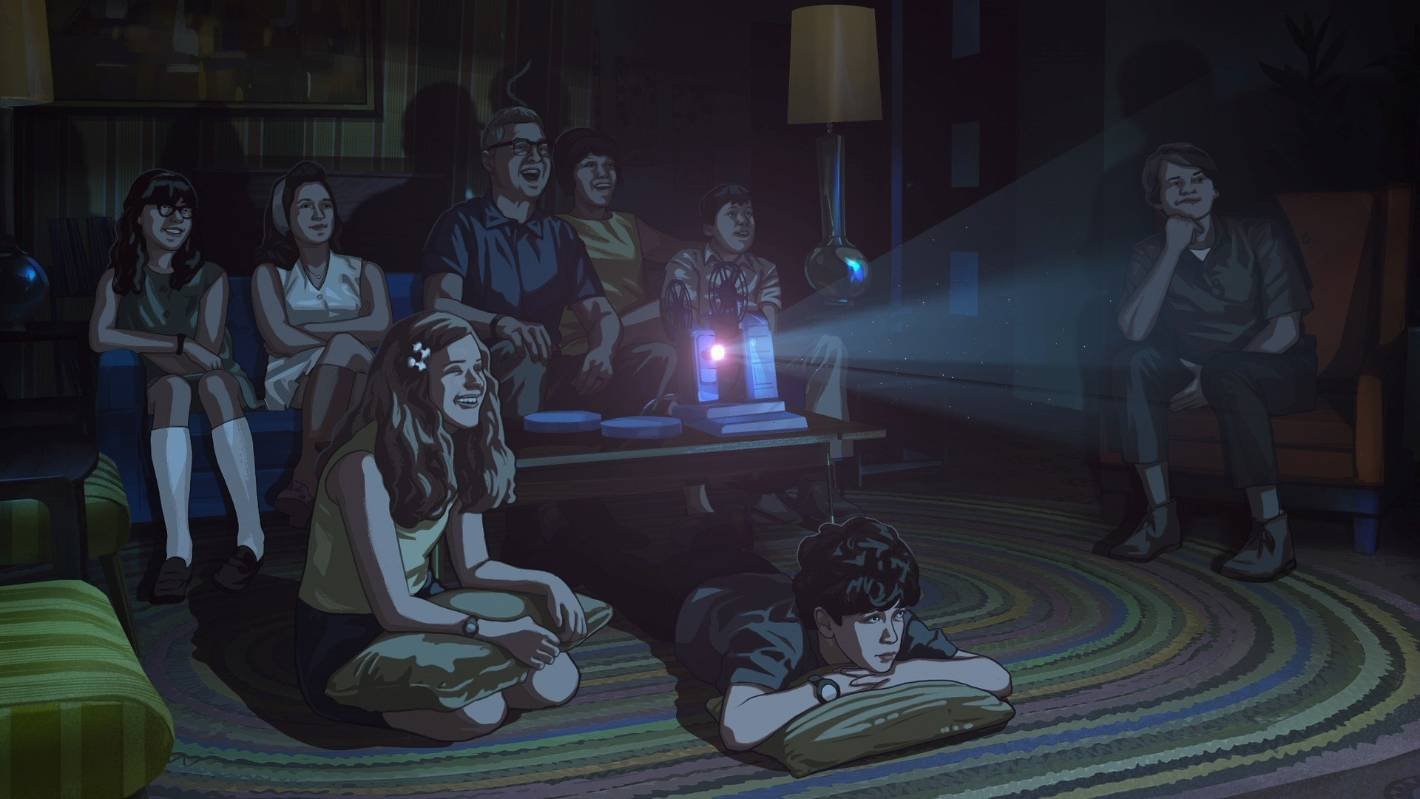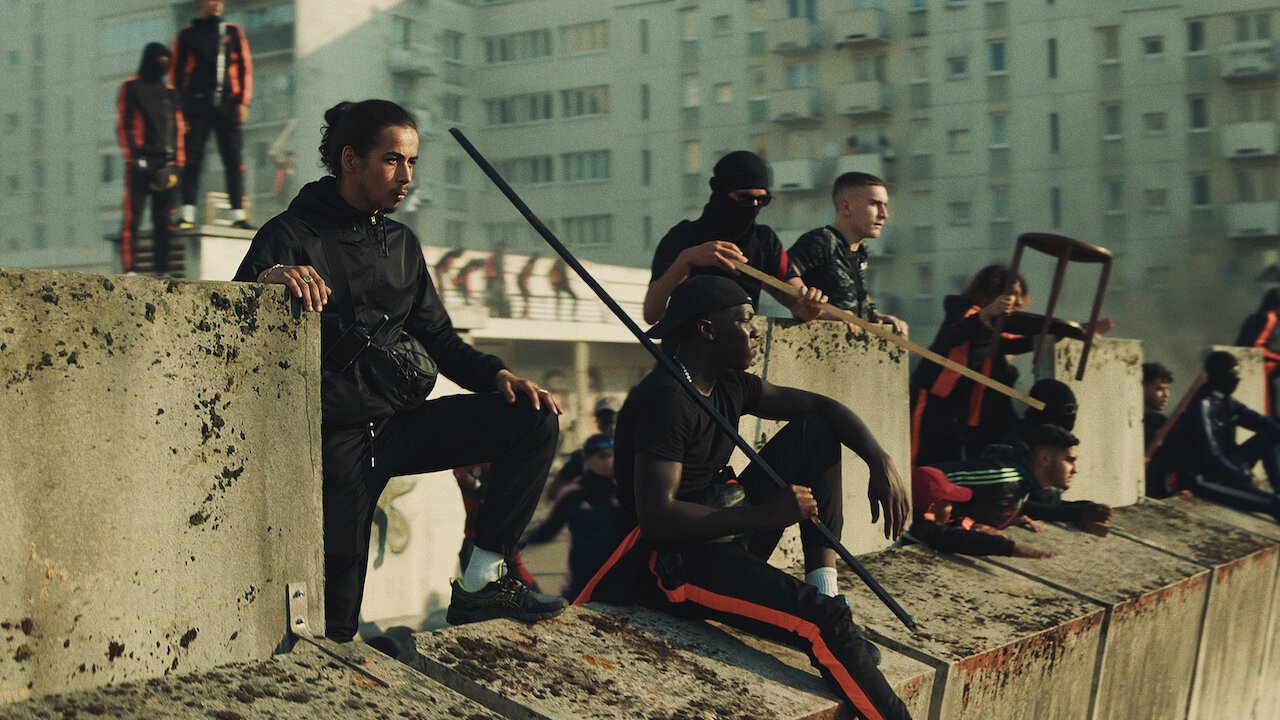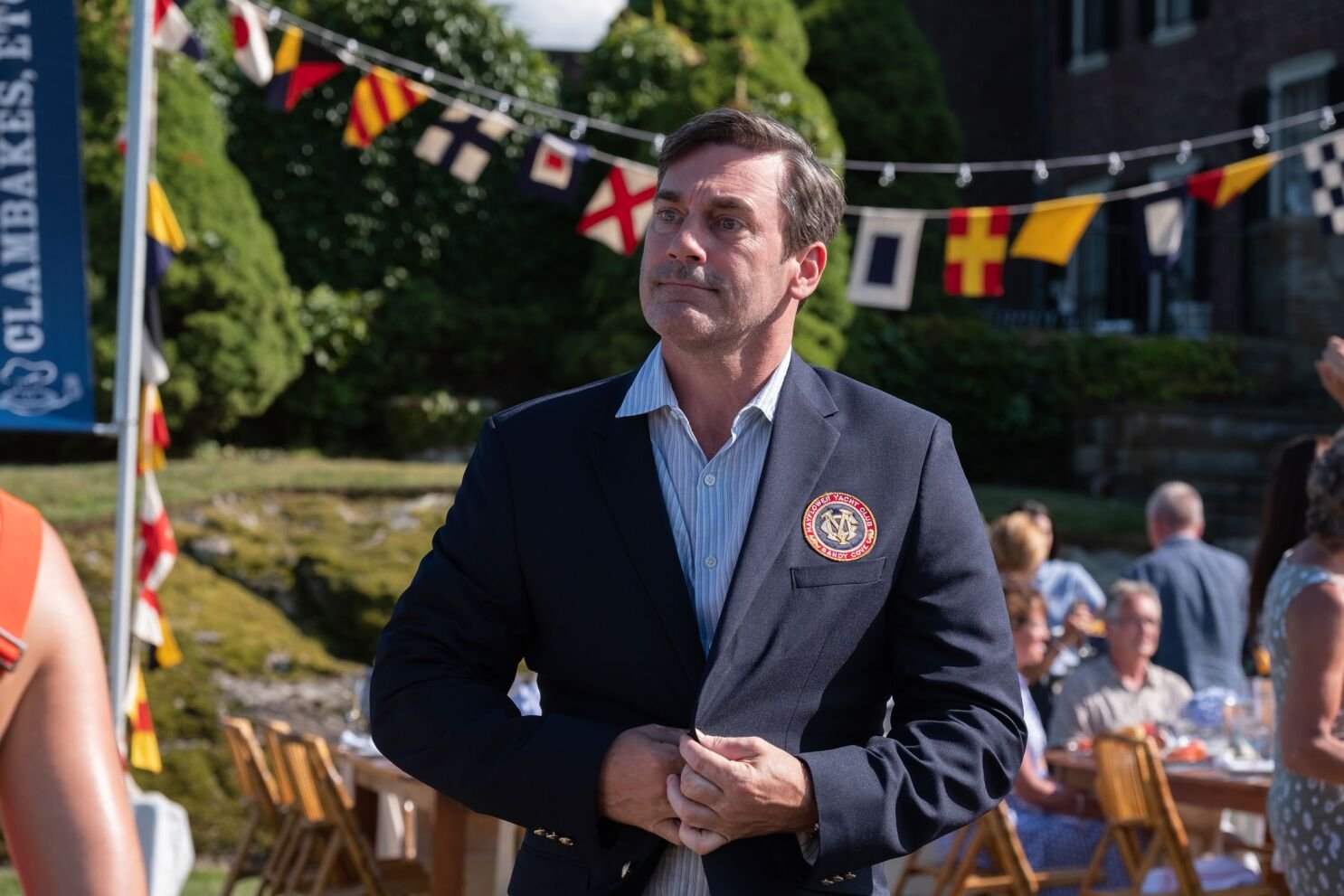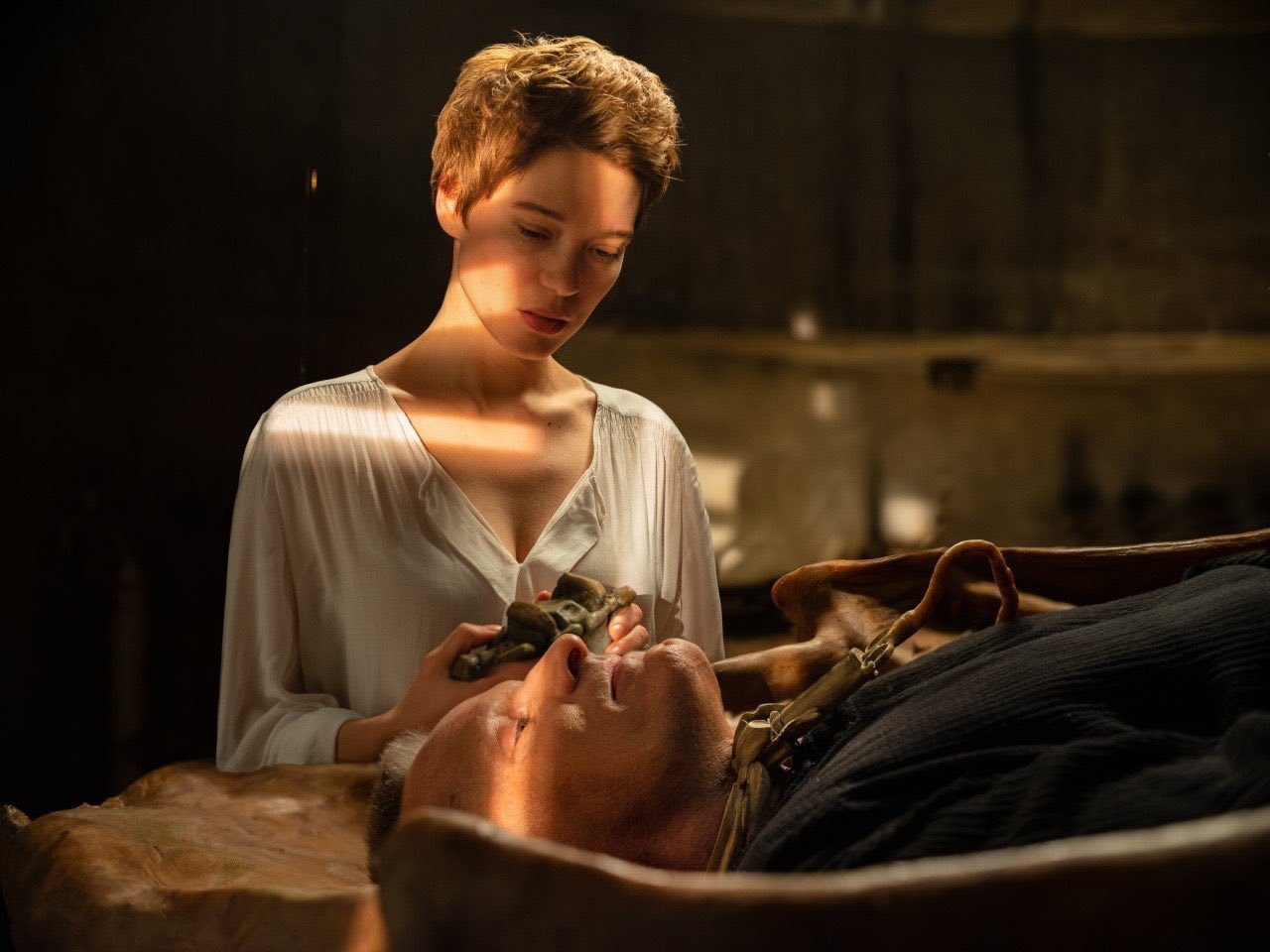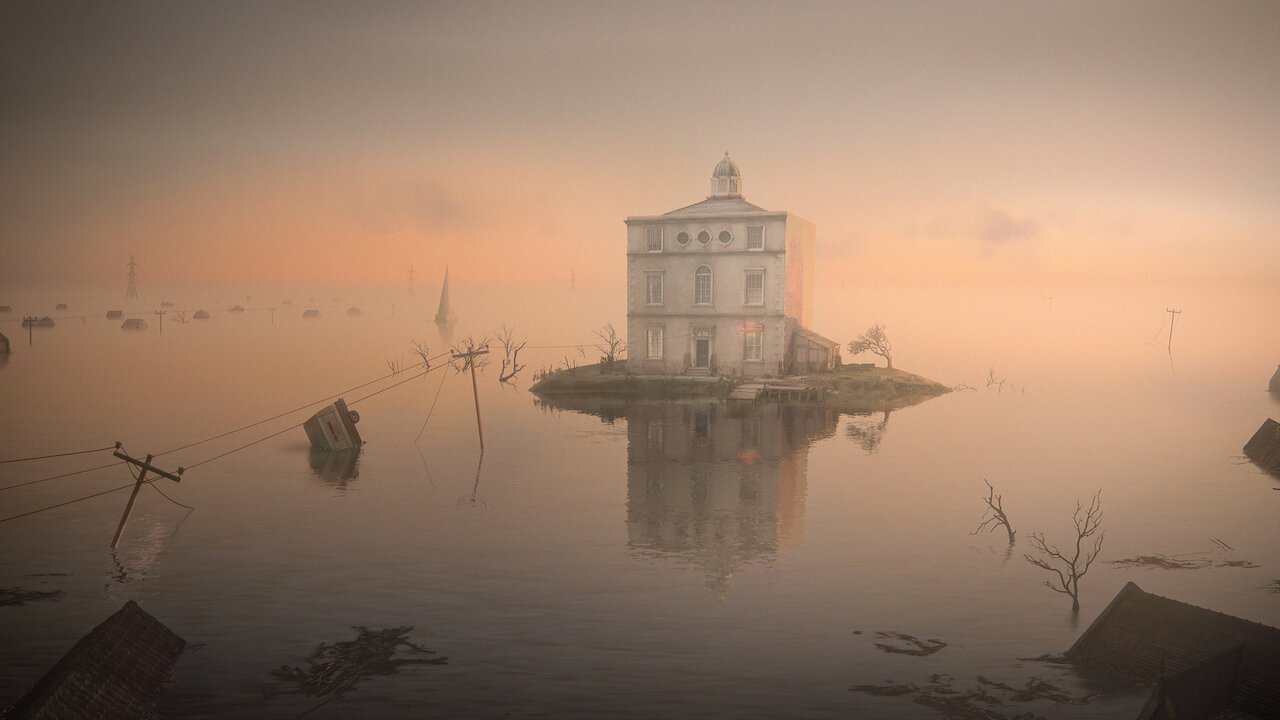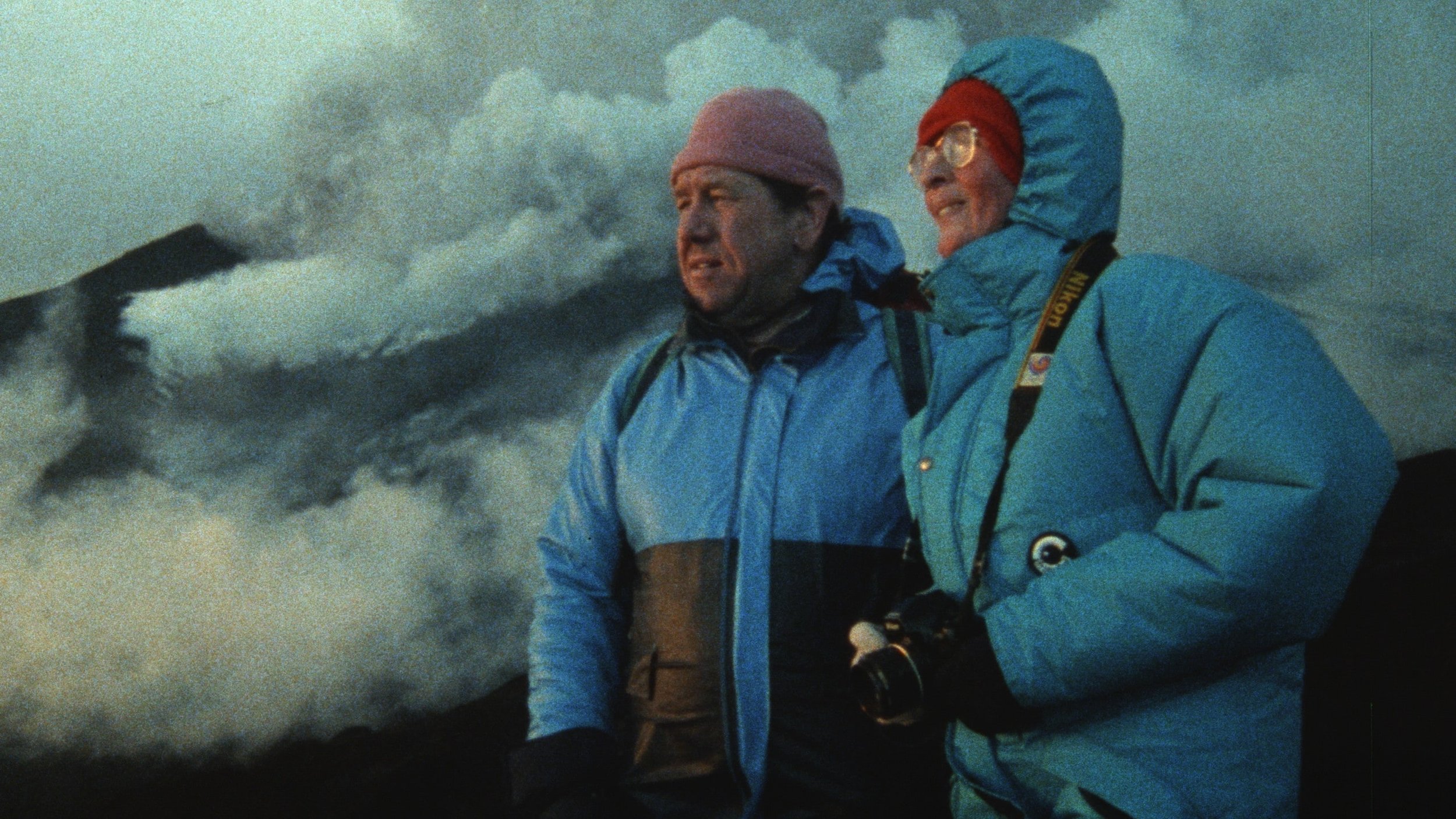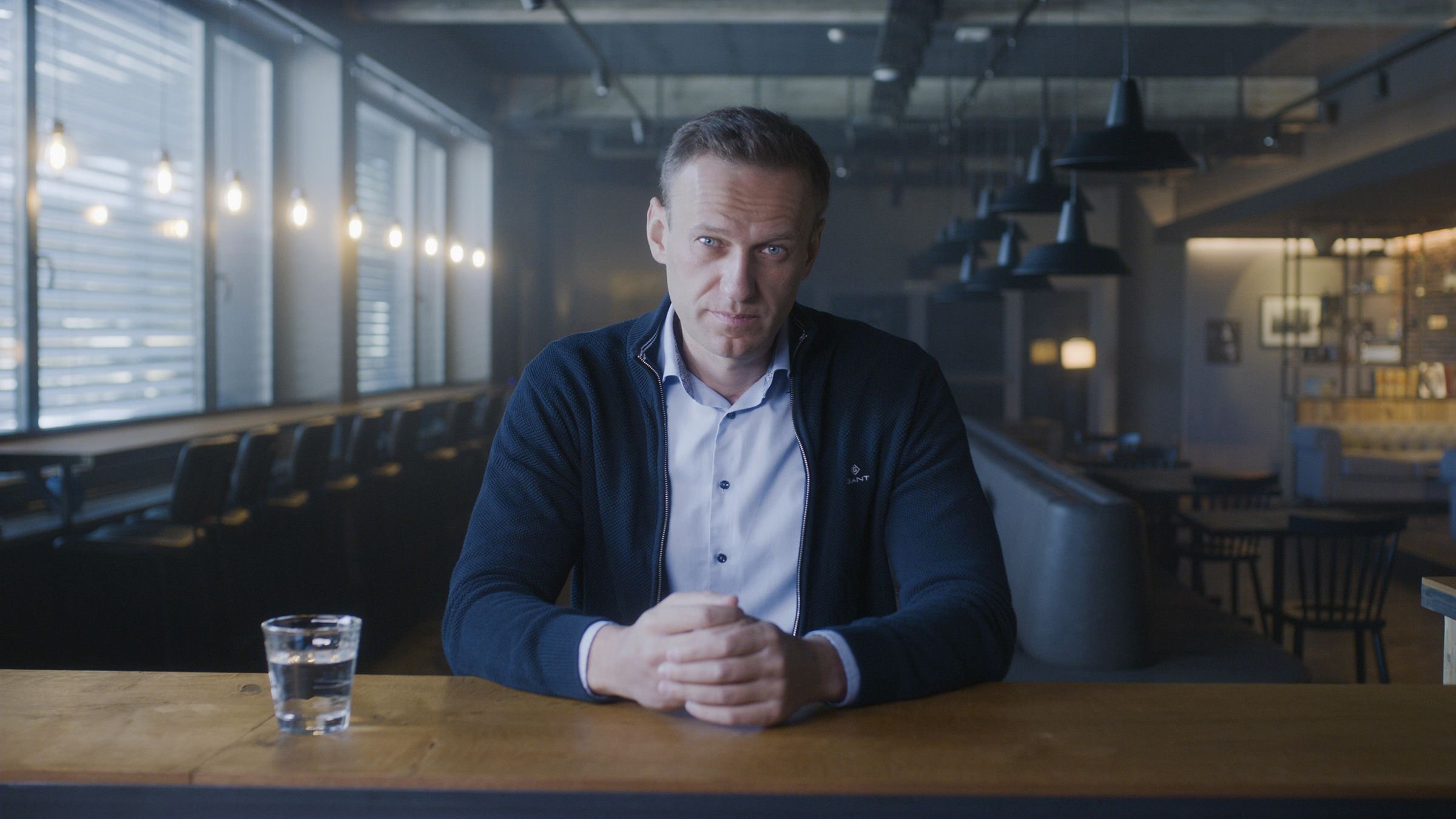3 Brothers' Essential Films of 2022
No one can watch everything these days, but of the new releases we watched over the past year, some are more worthwhile than others. This list offers readers a snapshot of the year, with a list of the essential films of 2022. For us, “essential” means worth watching, without major qualifications, so all the films on this list lie somewhere on the spectrum from good to great.
The criteria for inclusion on the list has been the same since we started this exercise in 2013:
1. At least one of the Brothers must have seen the film and ranked it good to great.
2. If more than one Brother has seen the film, then there needs to be agreement on its quality; films that we disagreed on don’t make the list.
3. No lukewarm or mixed reviews on the list, no matter how popular the film or how much it dominated the discourse. Everyone talked about Everything Everywhere All at Once in 2022, but none of the Brothers liked it, so it’s not on the list.
As always, you’ll find quotes from our reviews and links to our podcasts throughout this piece, as well as the names of the Brothers who have seen the film at the end of each listing.
Here are the 3 Brothers’ Essential Films of 2022.
The Prestige Pic
Armageddon Time (dir. James Gray)
“Nostalgia is a longing for the past, and it often involves pain. Movies that trade in nostalgia usually capture the longing, looking on the past with warm contentment and a wistful joy at what has come and gone. These same movies rarely capture the pain and regret that also permeate nostalgia, the feeling that something is lost, with the opportunity to make things right forever out of reach. James Gray’s Armageddon Time is one of the exceptions.” — from Aren’s review
Avatar: The Way of Water (dir. James Cameron)
“I saw Avatar at 9:50 in the morning the day after Christmas, and it was in one of those theatres where each seat is a big comfy leather recliner. It was a very cold day, and as I walked into the theatre, I saw that everyone was basically lying down on these recliners and covered in their winter coats as blankets. It kind of looked like everyone was lying down for cryosleep, heading out from Earth on the voyage to Pandora. And then, man, that crisp, popping 3D and the amazing visuals effects. Watching the movie was like a lucid dreaming experience.” — from Anders, Anton & Aren’s roundtable discussion
Babylon (dir. Damien Chazelle)
“A lot of people have called Babylon a love letter to the movies, but that’s not the most accurate way of summing-up this epic tragicomedy from the director of La La Land. Damien Chazelle is obsessed with the personal cost of success. All of his movies, including his Neil Armstrong biopic First Man, have made sacrifice their central theme. Babylon extends this to the world of Hollywood as it charts the decline of silent film and the rise of the talkies. This transitional era also marked a shift away from the bohemian excess of the 1920s to the conservatism of the 1930s and the censorship of the Hays Code. Babylon is a big scale story of artists lost in the shuffle, people who are miserable as human beings but motivated by their personal travails to become great artists. It’s a big swing of a film, one that doesn’t always connect as a raucous comedy, an epic tragedy, a behind-the-scenes look at the art of silent moviemaking, or, yes, an ode to the power of cinema. But it’s ambitious and bold, something we should celebrate in our artistically conservative era of filmmaking.” — from Aren’s review
Decision to Leave (dir. Park Chan-wook)
“Decision to Leave, Park’s latest success, for which he won best director at the Cannes film festival earlier this year, and which is South Korea’s submission for the Academy Awards this year, is a fascinating spiral of a movie. In brief, it’s about a detective who becomes infatuated with the prime suspect in a murder case, which saw a retired immigration officer plummet off a mountain. As the plot spirals back to dealing with Seo-rae, Decision to Leave circles back on previous themes and motifs in Park’s own movies, as well as other works in film history, most notably Alfred Hitchcock’s masterpiece, Vertigo.” — discussed by Anders, Anton & Aren on Episode 24 of 3 Brothers Filmcast
Elvis (dir. Baz Luhrmann)
“The story is mostly presented in chronological order, with the occasional detours and jumps through time, all edited at breakneck pace. Luhrmann’s camera flies around Las Vegas, zooms into billboard signs and television screens, and bridges the temporal gaps between his massive stage shows and his time in small black bars in Memphis. It’s a rush, and exhausting, although shockingly easy to follow, despite the surplus of information, both sensory and biographical, that is being offered at every moment of the film. The film runs an epic two hours and 39 minutes and is a savvy demonstration of Luhrmann’s skill at crafting comprehensible chaos.” — discussed by Anders, Anton & Aren on Episode 20 of 3 Brothers Filmcast
The Fabelmans (dir. Steven Spielberg)
“If The Fabelmans reminded me of any particular film in Spielberg’s past, it’s perhaps Catch Me If You Can, for its period detail and mix of humour and family drama. But The Fabelmans obviously carries more expectations, given it is meant to tell us something about the director himself.” — discussed by Anders & Aren on Episode 25 of 3 Brothers Filmcast
Nope (dir. Jordan Peele)
“Nope is also very much a summer movie, in the vein, for example, of Steven Spielberg’s Close Encounters of the Third Kind. It tells us a gripping story about encountering something strange, and that strange thing becomes the visual spectacle that the film focuses on. Nope is also a movie about cinema, not only through references to many summer movies, but especially cinema’s long history of being drawn to spectacle and its involvement in the exploitation of things captured on camera, whether different peoples, animals, or special effects, to sustain the wonder that cinematic audiences demand.” — discussed by Anders, Anton & Aren on Episode 21 of 3 Brothers Filmcast
The Northman (dir. Robert Eggers)
“There’s a scene late in Robert Eggers’ The Northman which clarifies the dramatic power that Eggers’ films have of reframing our view of the past and making it fresh. In a deeply Oedipal moment, the hero—Viking prince, Amleth (Alexander Sarsgård)—is confronted by his mother, Queen Gudrún (Nicole Kidman), with new knowledge about his own past, and the relationship between her and the father he was set to avenge, Aurvandill (Ethan Hawke). We learn that Gudrún was herself first captured as a slave before becoming Aurvandill’s wife and queen. In this moment the realities of the blurred line between slavery and marriage in a pre-Christian Europe challenges our simple moral understanding of the world; the moment offers us no simple fable for us to feel better about ourselves and our enlightened view of things, but rather reveals a complicated emotional knot. The film has aligned our sympathies with Amleth, the tortured prince and exile, but now it’s uncertain whose side we should be on. What is certain is that the world of The Northman is not our own, and yet it is a film that shows the enduring reality of some of the oldest human stories.” — from Anders’ review (also seen by Anton & Aren)
Tár (dir. Todd Field)
“Blanchett is a magnificent ham and Field does some fun Kubrick-lite stuff while mining the particular obsessiveness of classical music. It's good, but there is a much thornier, bolder film lurking in its shadows. I wish I had seen that film.” — from Aren’s Letterboxd blurb
The Multiplex
Ambulance (dir. Michael Bay)
“Disabuse yourself of the notion that Ambulance is mindless chaos. There’s nothing mindless about how Bay constructs his movies. Sure, it’s hyperactive, but every cut, every shot of police officers racing across pavement, of the ambulance weaving around cars, every impossible drone shot of the camera cartwheeling above action in the streets of LA, is calculated and choreographed. Bay employs intensified continuity to amplify every emotion on screen. Sometimes this approach can feel like he’s pummeling the viewer into mindless submission, such as in Transformers: Revenge of the Fallen. But sometimes it feels like an adrenaline shot, as in The Rock and now Ambulance. The process is not mindless, but rather the work of a master of action filmmaking.” — discussed by Anders, Anton & Aren on Episode 17 of 3 Brothers Filmcast
Barbarian (dir. Zach Cregger)
“‘Don’t go into the basement.’ You often hear this line in horror movies when a character looks into the shadowy basement to investigate a noise. Sometimes, you hear it from a member of the audience who’s pleading with the character on screen to do the rational thing and leave the creepy basement alone. Sometimes you say it to yourself when watching a horror movie. But it’s a futile phrase. The character will go into the basement. Creepy things will be down there. That inevitability is the entire reason we watch the movie. The promise of horror generates the tension, which we desperately want to relieve with a laugh or a scare. Zach Cregger’s new horror movie, Barbarian, mines this tension to scare us, make us laugh, and play with our expectations.” — from Aren’s review (also seen by Anders & Anton)
The Black Phone (dir. Scott Derrickson)
“In Scott Derrickson’s The Black Phone, which is based on the short story by Joe Hill, a pedophile serial killer known as The Grabber (Ethan Hawke) kidnaps children and keeps them in his sound-proofed basement room that’s empty save for a mattress, a toilet, some rugs, and an old, disconnected black phone that hangs from the wall. The Grabber wears strange demon masks to hide his face and plays mind games with his captives, often leaving the door to the basement unlocked, goading them to try to escape so he can punish them and justify his actions to himself. The Grabber is evil, but he’s just a man who does evil things. He’s scary because of what he does, not because of what he represents. In this way, The Black Phone offers a refreshing counter to so many contemporary horror films by dealing with evil that’s tangible and not mostly metaphorical.” — from Aren’s review
Halloween Ends (dir. David Gordon Green)
“Now with Halloween Ends, Green pivots again and has made perhaps the most peculiar Halloween sequel ever. Most of the film focuses on Rohan Campbell’s Corey Cunningham, a young man who, as we see in the opening scene, accidentally kills a young boy on Halloween night and is charged with manslaughter. He becomes a social outcast and the film charts his ostracisation and mental deterioration in the aftermath of that fateful night. The film sidelines Michael Myers and has Laurie Strode attempting to get on with her life, while Corey connects with her granddaughter, Allyson, played by Andi Matichak. In some ways, the film seems to take inspiration from the pandemic, with the evil of Myers and the town acting as a kind of infectious energy, consuming Corey and transforming him into a monster over the course of the film.” — discussed by Anders, Anton & Aren on Episode 23 of 3 Brothers Filmcast
Hustle (dir. Jeremiah Zaggar)
“How much NBA basketball do you watch? Would you recognize Kyle Lowry and Matisse Thybulle in a scene watching an amateur workout from the sidelines of a gym? How long would it take you to realize that the film’s young star is actually Utah Jazz power forward Juancho Hernangómez? Could you pick out the coach at the practice scene in Spain as former Raptors-assistant and Spanish men’s national team coach Sergio Scariolo, or notice that the three players practicing include Juancho’s brother, Willy, and former beloved Raptors point guard José Calderón? If you could, then Hustle is made for you. It’s a by-the-numbers inspirational sports movie enhanced by the details of its portrait of life in professional basketball.” — from Aren’s review (also seen by Anders & Anton)
The Menu (dir. Mark Mylod)
“A consistently sharp and funny satire of haute cuisine, foodie culture, service industry work, and the affluent who can afford the priciest services. The film’s finest accomplishment is that it never devolves into a standard horror movie, with repetitive chases and slashings, but rather holds to the concept of the title, ‘the menu,’ until its fiery finale. Ralph Fiennes is perfect for the role of Chef Julian Slowick of Hawthorn, seemingly drawing on both his numerous performances as villains as well as the meticulous concierge, Gustave H., in The Grand Budapest Hotel (2014).” – from Anton’s Letterboxd blurb
Pearl (dir. Ti West)
“Pearl is a performance-driven film, a rarity in the horror genre. So much so, that it’s almost a shame the film is horror—a shame for the actors, that is. If Mia Goth were putting on this kind of performance in a biopic or an addiction drama or a political epic, you’d assume she’d be in the heart of awards contention. But a horror movie where faces are stabbed with pitchforks and limbs cut off with axes is a bit of a tougher sell for industry awards pundits. Oh well. While Goth might not get her due come awards season, she still gives a great performance in a disturbing, surprisingly affecting movie that is technically a prequel to X, but as far from empty franchise extension as films are likely to get these days.” — from Aren’s review
Rise (dir. Akin Omotoso)
“It may literally hew to the Disney true-story formula, with a pulled from real-life Cinderella ending, but this tale of NBA superstar Giannis Antetokounmpo’s rise from life as an undocumented Nigerian immigrant in the sprawl of Athens to the drama of the 2013 NBA Draft is compelling and moving fare for the whole family. Its potent mix of sports drama with immigrant rags-to-riches tale would seem unbelievable if we didn’t know it was based on real life. Instead, such knowledge allows its genre satisfactions to take on an extra layer of enjoyment.” — Anders
RRR (dir. S. S. Rajamouli)
“So glad I waited to watch this in a packed theatre in its original Telugu. Ram Charan's Raju is the coolest hero of the year.” — from Aren’s Letterboxd blurb
Scream (dir. Matt Bettinelli-Olpin and Tyler Gillet)
“We live in a movie culture flush with legacy sequels, such as Star Wars: The Force Awakens or The Matrix Resurrections, which continue popular franchises by bringing back old characters, introducing new ones, and retreating to familiar narrative beats in order to capitalize on audience members’ memories and nostalgia. Obviously, the popularity of such films speaks to the dearth of originality in Hollywood at this current moment. Considering the current state of affairs, there’s likely no better franchise to mine this moment than Scream, the clever meta slasher series designed to comment on contemporary Hollywood trends as much as to scare viewers.” — from Aren’s review
Top Gun: Maverick (dir. Joseph Kosinski)
“In case you haven’t heard, Top Gun: Maverick is the greatest movie ever made. Or, at the least, such is the adoration that has greeted this long-in-the-making sequel to the seminal 1986 action film/US Navy recruitment vehicle. I have no intention of raining on the parade, although the praise is a tad hyperbolic. It’s not the greatest film ever made, nor is it the best action movie of the year (Michael Bay would like a word). But it is a rousing piece of entertainment, one that is able to satisfy its audience with the complexity of its craft and the simplicity of its storytelling.” — from Aren’s review (also seen by Anders & Anton)
Turning Red (dir. Domee Shi)
“Very similar to last year's Luca, in that it delights in specificity: in time, place, character, humour, and family dynamics. Bonus points for making Toronto a proper movie setting. Somewhat slight, but also much better than all of Pixar and Disney's franchise films (sans Incredibles 2) in recent years.” — from Aren’s Letterboxd blurb (also seen by Anders)
The Viewing (dir. Panos Cosmatos)
“I like this Panos Cosmatos guy's style.” — from Aren’s Letterboxd blurb
X (dir. Ti West)
“Indie horror auteur Ti West loves a good slow burn. At his best, such as in 2009’s The House of the Devil, West patiently builds towards a typically-violent horror climax, withholding in such a way that the tension becomes unbearable. At his worst, this tendency to underplay early scenes can lead to tedium, such as in the ultra-low budget Trigger Man (2007). Luckily, his new feature, X (as in X-rated), which mixes a Boogie Nights-style behind-the-scenes look at 1970s porn with a hillbilly slasher like The Texas Chain Saw Massacre, is closer to The House of the Devil than Trigger Man. It’s a film that spends over half its runtime charting the relationships and anxieties of its central characters, the cast and crew of a low-budget porno called The Farmer’s Daughters, before cranking up the grisly violence and vicious kills that are demanded of a slasher. The result is a nasty, entertaining slasher with well-developed characters and some surprising moral commentary.” — from Aren’s review
The Arthouse
Aftersun (dir. Charlotte Wells)
“Like a sunburn or the afterburn in your eyes after staring at the sun, Charlotte Wells’ Aftersun offers a painful reminder of the past. The film is a cinematic memory seemingly ripped from the mind of Wells and transferred onto the screen, with little ornamentation or nostalgic veneer. The film is about that painful realization that comes with time, when the facts of your past clarify and you start to see the things that lingered just outside your frame of view when you were younger. Like James Gray’s Armageddon Time or Steven Spielberg’s The Fabelmans, it’s semi-autobiographical, lending it an intimacy that is impossible to fake. As far as cinematic debuts come, it’s brilliant.” — from Aren’s review
Apollo 10 ½: A Space Age Childhood (dir. Richard Linklater)
“As a stylish exercise in nostalgic reflection, it’s easy to vibe with Richard Linklater’s Apollo 10 ½: A Space Age Childhood, which hit Netflix streaming on April 1. The film is semi-autobiographical, borrowing details from Linklater’s own childhood as a boy growing up in the Houston suburbs in the late 1960s just down the road from NASA. It’s more evidence of Linklater’s role as cinema’s preeminent chronicler of life in American suburbia.” — from Aren’s review (also seen by Anders)
Athena (dir. Romain Gavras)
“Romain Gavras’ Athena is the latest film to attempt a totalizing immersive visual approach. It wants to put you in the midst of a siege at a suburban apartment block in Paris and make you helpless to separate your own adrenaline, outrage, and terror from those of the characters. It’s largely successful at this. It’s exhilarating to watch. But you have to wonder whether the film is more of a technical triumph than an artistic one, as its ultimate statement is more muddled than the clarity of its formal approach.” — from Aren’s review (also seen by Anders)
Broker (dir. Hirokazu Kore-eda)
“Hirokazu Kore-eda is artistically consumed by the notion of what constitutes family. For the past few decades, he’s explored the bonds that define us through stories of dysfunctional families, such as in his best films, Nobody Knows and Still Walking. In the past decade, he has extended this exploration to include makeshift families that are not bonded by blood, such as in Like Father, Like Son and his Palme d’Or-winning Shoplifters. With Broker, he’s taken a film that sounds like a grisly thriller from the plot description—black market brokers sell a woman’s unwanted baby—and turned it into another surprising examination of how families are made and what keeps them together. It’s an open hearted film about healing and forgiveness, one that encourages us to see the best in our fellow human beings, even in the most difficult of circumstances.” — from Aren’s review
Confess, Fletch (dir. Greg Mottola)
“‘Are you Irwin Fletcher?’ – ‘Yes, I am.’ [Bart pulls a gun on Fletch] ‘I mean, no I'm not. I always get that wrong.’ A charming and breezy caper. Hamm is a delight along with the supporting cast.” — from Anders’ Letterboxd blurb (also seen by Aren)
Crimes of the Future (dir. David Cronenberg)
“After eight years, David Cronenberg returns with Crimes of the Future, an entertaining, haunting, deeply-weird picture that casts an entrancing spell with its provocative ideas and imagery. It proves a synthesis of sorts for Cronenberg, blending the body horror of his early pictures with the self-reflexivity of A Dangerous Method. It’s an arch film, with stylized performances, a vague, hollowed out setting, and Cronenberg’s famously clinical approach, which keeps us at arm’s length from the proceedings, even as the camera burrows into the very organs of its characters. It’s a film that plays like catnip to Cronenberg’s admirers (myself very much included), but is likely to alienate a substantial portion of the people who watch it. In this way, it isn’t dissimilar from the majority of his works over his 50-plus year career.” — from Aren’s review (also seen by Anders)
EO (dir. Jerzy Skolimowski)
“If you like watching animals suffer on screen, boy, do we have a movie for you. I kid, but Jerzy Skolimowski’s EO, winner of the Jury Prize at the 2022 Cannes Film Festival, is one of those films that plays upon our natural sympathy for animals on screen. It is a remake-of-sorts of Robert Bresson’s classic Au Hasard Balthazar, with the same narrative structure that follows the noble donkey at its centre as it passes from owner to owner, experiencing the breadth of human compassion and cruelty along the way.” — from Aren’s review
The House (dir. Niki Lindroth von Bahr, Paloma Baeza, Emma De Swaef and Marc James Roels)
“The House, a stop-motion animated British anthology film currently streaming on Netflix, reminds us that all animation needn’t necessarily be targeted at children. The film is composed of three short stories about individuals obsessed and consumed by an imposing manor house; it’s the same house in all three segments, although its location and interior changes from segment to segment. As with all anthology films, not all three parts are equally good, but together, they offer an often chilling, occasionally amusing, and visually intricate story about what happens when the things you own start to own you.” — from Aren’s review
Mad God (dir. Phil Tippett)
“A phantasmagoria that is so personal and densely layered with symbolism and allegory that I don't entirely know what to make of it. I'll need to revisit it to parse the meaning of individual sequences, but based on one viewing, I can appreciate the artistry of its construction and the exhausted despair of its message. We don't need a mad god because we make our own hell.” — from Aren’s Letterboxd blurb
The Hot Doc
Eternal Spring (dir. Jason Loftus)
“Like the great 2008 Israeli documentary, Ari Folman’s Waltz with Bashir, Eternal Spring utilizes animation to help its subjects visualize, clarify, and revisit—and thus share with others, including the audience—their memories of a significant past event. Waltz with Bashir explored Israel’s 1982 Lebanon War. Eternal Spring, written and directed by Jason Loftus, considers the hijacking, on March 5, 2002, of broadcast TV by a group of Falun Gong practitioners in the city of Changchun in northeastern China.” — from Anton’s review
Fire of Love (dir. Sara Dosa)
“Most tragic love stories hinge on characteristics of its central lovers that some people may find romantic, while others delusional. The tension between these two ways of viewing tragic romance helps fuel Sara Dosa’s Fire of Love, even if the film ultimately favours the romantic way of seeing its central relationship.” — from Aren’s review
Jeen-yuhs: A Kanye Trilogy (dir. Coodie Simmons and Chike Ozah)
“‘I miss the old Kanye, straight from the 'Go Kanye…’ We all do. Even Kanye does. But in watching his journey from the fresh-faced kid from Chicago who wants to make a name for himself beyond producing to the billionaire bipolar music/fashion mogul who can't help but put his foot in his mouth, we come to understand that often the existential dissatisfaction that makes success in the arts possible also makes it so that stability and peace can never be achieved. As well, makes very clear that Donda was Kanye's rock; without her, he's a boat without an anchor, moving wherever the winds of his emotions take him.“ — from Aren’s Letterboxd blurb
Navalny (dir. Daniel Roher)
“Daniel Roher’s Navalny contains an early candidate for scene of the year. In the scene, Russian political dissident, Alexei Navalny, sits at a table covered with laptops and cables alongside journalist Christo Grozev of Bellingcat and his media director. Navalny is currently in Germany for rehabilitation after having been poisoned with nerve agent Novichok on a flight from Novosibirsk to Moscow. He’s back on his feet and Grozev has figured out the identities of the FSB agents that poisoned him. Now, with the aid of a burner phone and some mirroring programs, Navalny is getting ready to call the men who tried to kill him.” — from Aren’s review
Russia 1985–1999: TraumaZone (dir. Adam Curtis)
“Can’t Get You Out of My Head was subtitled as “An Emotional History of the Modern World.” TraumaZone is an emotional history of Russia, charting the breakdown of Soviet society and the corruption and predatory capitalism that filled the void. The entire film consists of BBC archival footage—unseen until now—filmed in Russia and the former Soviet states between 1985 and 1999. Curtis edits the footage together in a mostly chronological order, focusing on recurring characters and themes in each episode, while also following larger political figures such as Mikhail Gorbachev, Boris Yeltsin, and Yegor Gaidar. He also documents the rise of the Russian oligarchs and the domestic transformation of the nation’s citizens, as food prices skyrocketed and manual labour in factories ceased to provide an income. Unlike Curtis’ films over the past two decades, TraumaZone forgoes some of his key stylistic approaches, such as narration and the use of pop music. Instead, Curtis relies entirely on the footage itself and the occasional on-screen titles to describe time, place, and impact. Rather than making the film dull, the decision to limit his stylistic influence creates an emotional immediacy and breaks down the barriers of time. During its runtime, it allows us to feel as if we are living in Russia and sharing the emotional turmoil and confusion caused by its collapse.” — from Anders & Aren’s Table Talk discussion
Untold: Operation Flagrant Foul (dir. David Terry Fine)
“The way that the directors pit the conspirators' accounts against each other is hilarious and makes for something more interesting than run of the mill sports doc. Also, like many good docs about institutional corruption, it makes it very obvious that the ‘one bad apple’ narrative is complete bullshit and an obfuscation. If corruption in the NBA is an iceberg, Tim Donaghy is the top, which we can see. But if you know anything about icebergs, you know the majority of an iceberg is invisible beneath the waves.” – from Aren’s Letterboxd blurb
